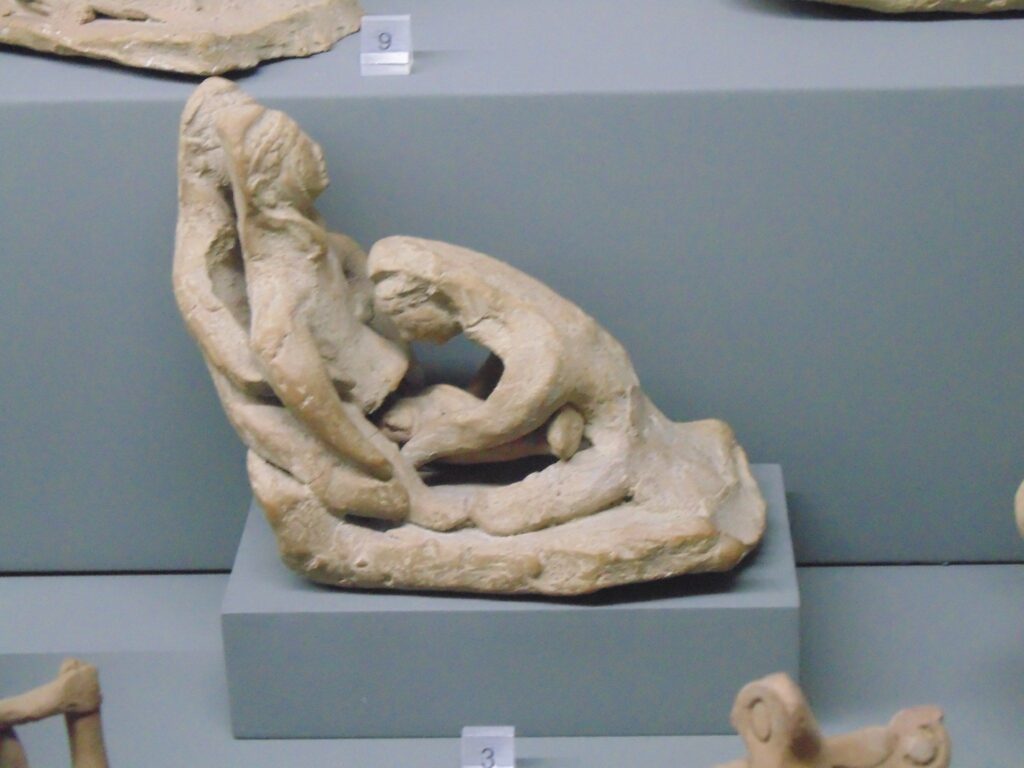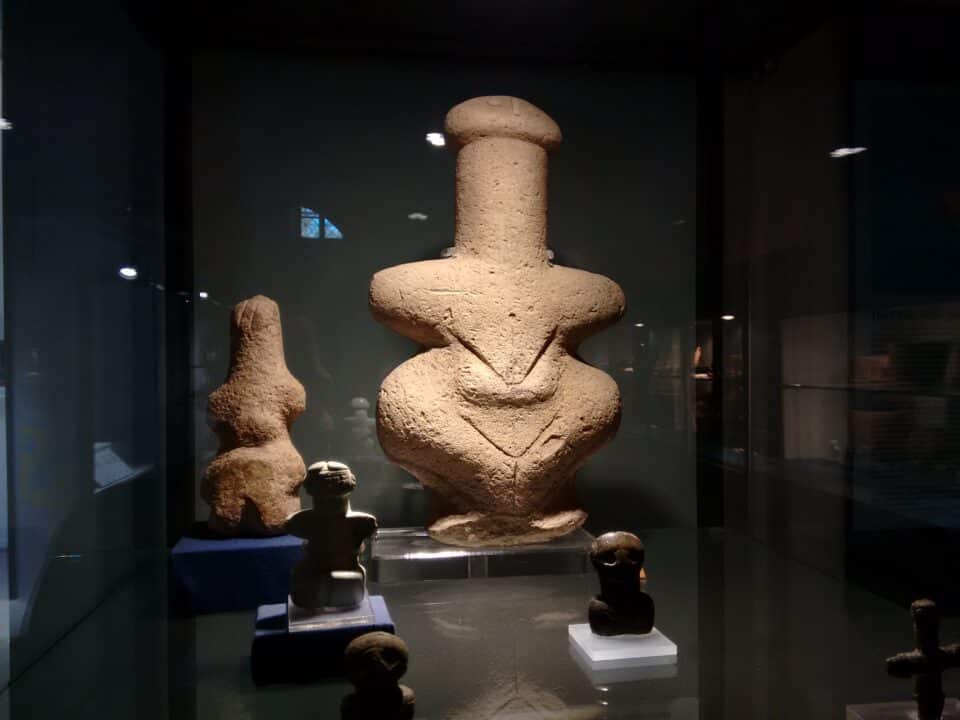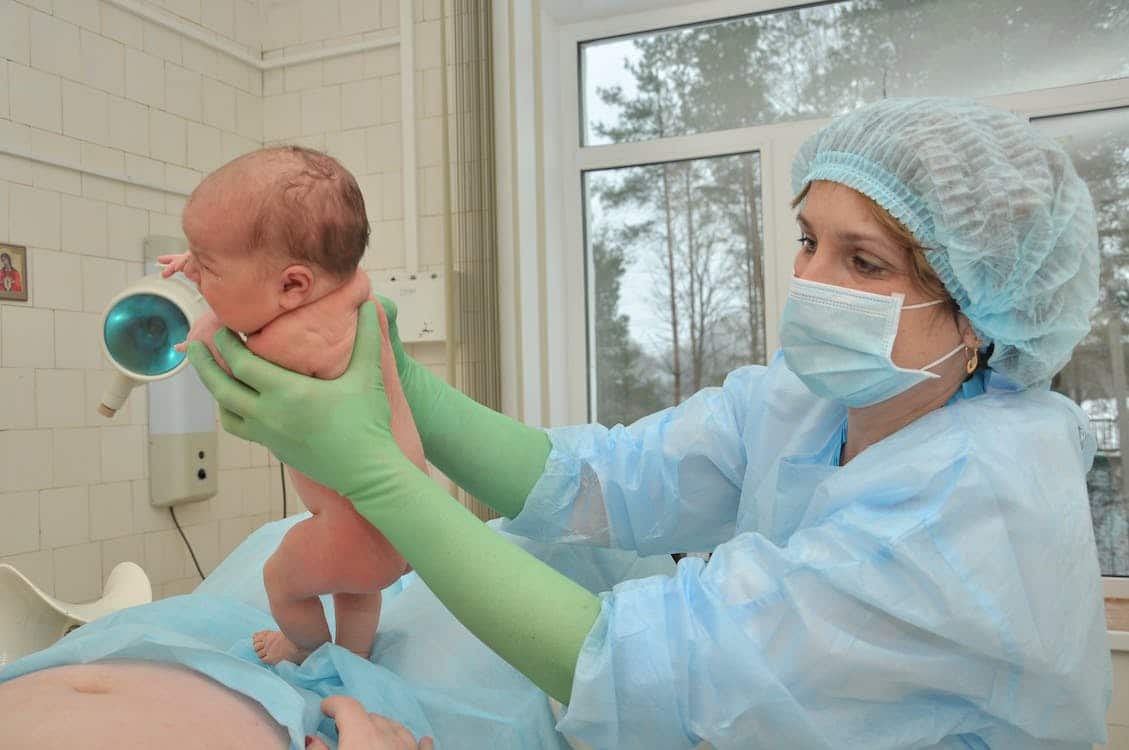Cyprus midwives recently received much-deserved recognition by Unesco
Midwives in Cyprus are heralding the inclusion of their work on Unesco’s list of intangible culture heritage, saying it can serve as a push towards marrying natural childbirth and modern medicine.
A few decades ago, childbirth in Cyprus mandated the presence of a ‘mammou’ (midwife) in your home. Now, C-sections in hospital dominate the delivery of a baby, at a rate of 58.9 per cent in 2021, outnumbering vaginal deliveries.
“For us, it’s a huge honour,” that ‘midwifery: knowledge, skills and practices’ were registered on Unesco’s list of intangible culture heritage earlier this month, Stella Leontiou, head of National Organisation for Nursing and Midwifery told the Cyprus Mail.
The island was joined by Colombia, Germany, Kyrgyzstan, Luxembourg, Nigeria, Slovenia and Togo to submit the proposal.
“We’ve tried to keep the rituals and traditions intact, passing them on from one generation to another,” Leonitou said.
Before 1974, it was the ‘mammou’ that was called to trek to the house of the pregnant woman and help her guide the process of giving birth, Leontiou recalls.
Now, “childbirth is seen as an illness. We’ve forgotten that childbirth is part of nature.”

Terracotta childbirth statuette from the 6th century BC in Lapithos
Leontiou says she uses the word ‘illness’ because of the clinical approach that is largely taken by mothers and doctors for something perfectly natural. Women are fearful of the pain and the unknown, and as such, see C-sections as an easy way out.
“They forget it’s a surgery which needs recovery. That breastfeeding will be harder, that there will be a delay in milk production. It strips the child from its right to be breastfed.
“This is where we need to empower women.”
The representative for Cyprus National Commission for Unesco, Thekla Papantoniou, agreed.
“Midwifery, as a practice, is not limited to the health sector. It goes beyond the simple act of ‘giving birth to babies’. It involves traditions and customs, creates bonds between community members and, through the way it is practised, contributes to a deeper understanding of the cultural nuances surrounding birth as a station in the cycle of life,” she said.
“Midwives pass on the wisdom they have inherited and provide emotional support to mothers and new parents, thus laying the foundation for healthy relationships between family members on the occasion of a baby’s arrival into the world.”
Cyprus does indeed have a good claim to being included on the Unesco list. For example, amongst the Cyprus museum’s most coveted treasures is the ‘Lady of Lemba’, dating back to 3,800BC and considered a predecessor of Aphrodite, the main female deity identified with the fertility of nature and women.

The Lady of Lemba dates back to 3,800BC
Also in the museum are the terracotta birthing depictions from ancient Lapithos. The midwife was often accompanied by a so-called karkiovastousa or ‘one who holds the heart’. She was usually an apprentice whose job was to give courage to the birthing woman, holding or supporting her from behind. This exact configuration can be seen in the ancient clay depictions from Lapithos.
Leontiou says the development with Unesco will allow women to be exposed more to the role of midwives and their contribution to women, society and culture.
Recognising that this is still a challenge, particularly in Cyprus, Leontiou reflects that the role of women has changed over the decades. In the past, women were limited to a life at home. Now, women are overloaded, she explains, juggling a career, family life and home responsibilities.
They give birth later, perhaps turn to IVF more and feel like C-section is their only option.
But Leontiou wants to stress, it’s not necessarily the case.
She highlights that the development of modern medicine is a great feat. The issue however lies with the ease in which C-sections are arranged for practical reasons rather than health reasons.
Today, the cost of giving birth naturally vs with a caesarean is roughly the same, she says. However, it’s “easier” to schedule a slot, and come out the other end with a baby. It makes life easy for doctors as well, who can deliver multiple babies in one day, rather than be caught up in a natural childbirth which may last for hours on end.
The health minister has also since announced an upcoming natural birth strategy to head to cabinet, upgrading the role of midwives.
Leontiou says that currently under Gesy, women are allowed a number of appointments during and after their pregnancy with a midwife, which do not need a referral from a GP. There are also a handful of clinics that encourage natural childbirth, including one at Limassol general hospital, which hopes to counter Cyprus’ c-section culture.
For a full history on midwifery in Cyprus, ranging from the Bronze Age to the time of British colonialism, read a previous Cyprus Mail report here







Click here to change your cookie preferences